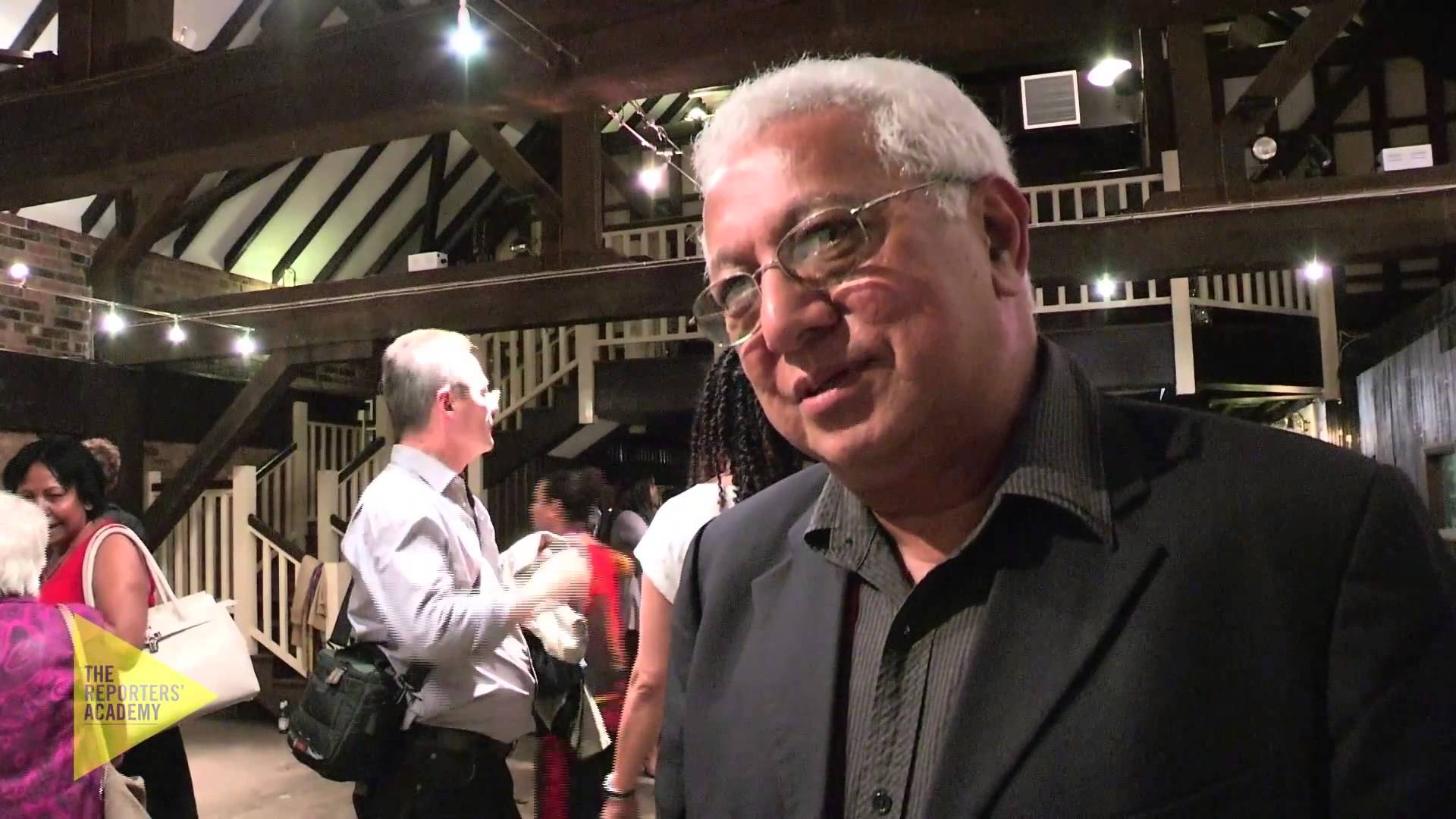
During the 128th Session, the International Olympic Committee (IOC) elected the members of its Ethics Commission.
This finalises the successful implementation of recommendations 30 to 32 of Olympic Agenda 2020 - which also included a complete revision of the IOC Code of Ethics - just less than eight months since its unanimous approval last December.
The Chair, Vice-Chair and members of the IOC Ethics Commission were elected or re-elected, regardless of the length of term they have left to serve, earlier today. Composed of nine members, the Commission includes as required a representative of the IOC Athletes’ Commission and at least five individuals who are not active IOC members, two of whom have no direct links to the sports movement.
It is composed of: Youssoupha Ndiaye (former Minister of Sport of Senegal) re-elected as Chair of the Commission; Guy Canivet (Member of the Constitutional Court) elected as Vice-Chair; Geert Corstens (recently retired President of the Network of Presidents of Supreme Judicial Courts in the European Union); Patricia O’Brien (Ambassador and Permanent Representative of Ireland to the United Nations and other International Organisations at Geneva); Samuel Schmid (lawyer and former Swiss Federal Councillor of the Federal Department of Defence, Protection of the Population and Sport); IOC Honorary Member Francisco J. Elizalde; and IOC Members Pierre-Olivier Beckers-Vieujant, Robin Mitchell and Yang Yang, who is elected as a representative of the IOC Athletes’ Commission.
Rethinking missions and procedures
Achieving greater transparency, good governance, responsibility and strengthening ethics are some of the guiding principles of the IOC Ethics Commission under Olympic Agenda 2020, the IOC’s strategic roadmap for the future of the Olympic Movement.
In this respect, a number of initiatives and actions have taken place. The creation of an Integrity and Compliance Hotline last April and of a Chief Ethics and Compliance Officer have led to a rethinking of the mission of the Ethics Commission and the procedure for cases brought before it. As a result, Rules of Procedures have been entirely revised to take into consideration situations when information is given via this hotline.
A complete review of the Code of Ethics has also been carried out by the IOC Ethics Commission in order to reinforce the vision of the creators of the text, initially drawn up in 1999, and with a view to achieving greater transparency, good governance and responsibility.
The principles outlined within the Code of Ethics remain the same. However, the presentation has been updated to increase transparency and clarify the texts. It also reiterates the obligations of the Olympic Movement stakeholders to the Olympic Charter and the Code of Ethics.
Reporting from OCOGs, YOGOCs and other topics
The Session also heard the final report from the Organising Committee (OCOG) of the Olympic Winter Games Sochi 2014. Russian National Olympic Committee President and IOC Member Alexander Zhukov told the Session of the extensive human and sporting legacies of the Games, in particular the regeneration of the volunteer movement in Russia.
Zhukov reported that the OCOG had generated USD 1.3 billion in marketing revenues and that the Games were broadcast in 159 countries worldwide, with 2.15 billion people watching at least a minute of the Games.
President Bach reiterated that the IOC had decided to renounce its share of the profit from the Olympic Games Sochi 2014 and instead donate the money to the National Olympic Committee of Russia for the development of sport in the country.
Reports were also delivered by the Organising Committees of upcoming Olympic Games in Rio de Janeiro and Tokyo and Olympic Winter Games in PyeongChang.
Rio 2016 Organising Committee President Carlos Nuzman told the Session that “we feel very confident to be so close to Rio de Janeiro’s dream” as they near the one-year-to-go mark ahead of the Games. “We will be ready, on time and on budget,” he added.
Organisers of the Youth Olympic Games Nanjing 2014 also provided their final report, and the Session heard updates on the Winter Youth Olympic Games Lillehammer 2016 and Summer Youth Olympic Games in Buenos Aires 2018.
Finally, the financial statements and combined financial statements of 2014 were unanimously approved by the Session, and PricewaterhouseCoopers was reappointed as external Auditor.
